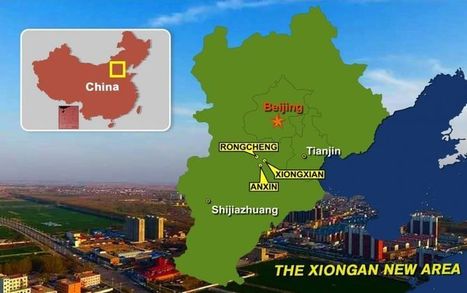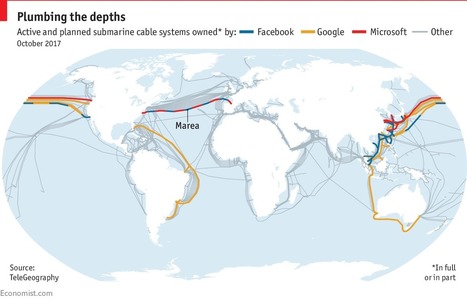A new highway in China is being built that will have dedicated lanes for autonomous vehicles. The lanes reserved for self-driving cars will be built on a new freeway connecting Beijing and the Xiongan New Area in Hebei province. The area is located about 60 miles southwest of Beijing.
The 100-kilometer (62 mile) freeway will be open to two-way traffic, with two of the eight lanes specially designed for autonomous vehicles, according to the Beijing Capital Highway Development Group Co. Construction on the project will begin this year. The speed limit on the highway will range from 62 to 74 mph.
The stretch of highway will also include intelligent road infrastructure and smart-toll facilities. This intelligent infrastructure system can acquire vehicle data and road information through wireless communication and internet technology, improving traffic flow and safety.
"It will be the most convenient freeway between Beijing and Xiongan," Zhou Xiaohong, deputy head of the group's department of technology and planning, was quoted as saying by Beijing Daily.
When the Beijing-Xiongan freeway is complete, travel time from the capital city of Beijing to Xiongan will be cut to one hour from the current two and a half hours, according to the outline.
The highway is one of several planned for the region. An outline for the Xiongan New Area lists four north-south freeways and three east-west expressways which will be built linking Xiongan with surrounding cities, including Beijing, Tianjin and cities in Hebei.



 Your new post is loading...
Your new post is loading...














China is designing highways for autonomous vehicles (while most of us still wonder about the opposite)